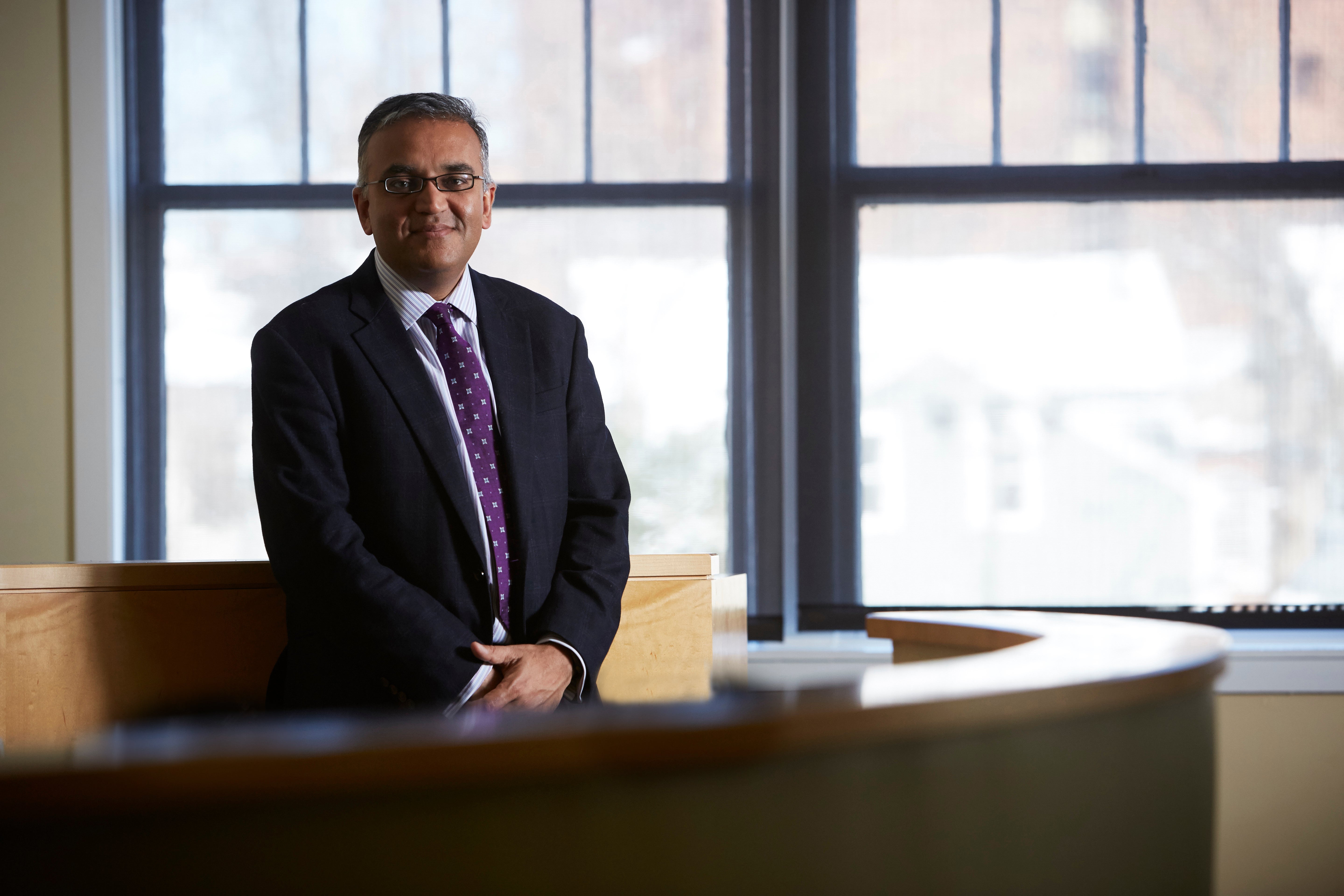
“If you think about how the world responds to pandemics, we are in better shape than we were 20 years ago. We are nowhere near as good as we need to be. I would call it a glass quarter-full.
What is important about Zika is that it comes on the heels of Ebola. This completely dispels any myth that Ebola was a one-off. With increasing urbanization and deforestation, and with climate change upon us, we are going to see many new viruses and infections that we had either only read about in textbooks or have never encountered at all. We are entering a phase where Ebola and Zika become the new normal. The frequency with which these outbreaks happen, how quickly they spread, and how widely they spread will all increase. Either with Zika, the next one, or the one after that, we are going to have to learn our lesson: that this is a long-term game.
Think about the big threats today—climate change, terrorism, and other big problems that face humanity—and think about the kinds of investments that we make as a society to prevent them. We do this because we know the consequences are a nightmare. You are talking about a world willing to spend trillions on national security and defense, when those investments could be completely subverted by a single pandemic outbreak. To me, the investment in pandemic preparedness is key to the broader conversation on investing in a safer, healthier, and more productive world. Pandemics need to be near the top of our list of threats. Investments in resilient systems are trivial compared with the costs of ignoring the problem until the next serious pandemic hits—and it will.
Zika is tragic, and its impact will be devastating to many families around the world. But it could be much worse. Thus far, we have been lucky with the Zika outbreak. The outbreak started in Brazil, a country with a reasonably well-functioning public health system. It spread throughout the Americas, where we have a well-functioning regional health entity, the Pan American Health Organization. The World Health Organization is on alert. The world is paying attention. So the circumstances are all lined up to get it right. My worry is that the next outbreak will occur in a country with a less-effective public health system and in a world that has moved on to something else.”







